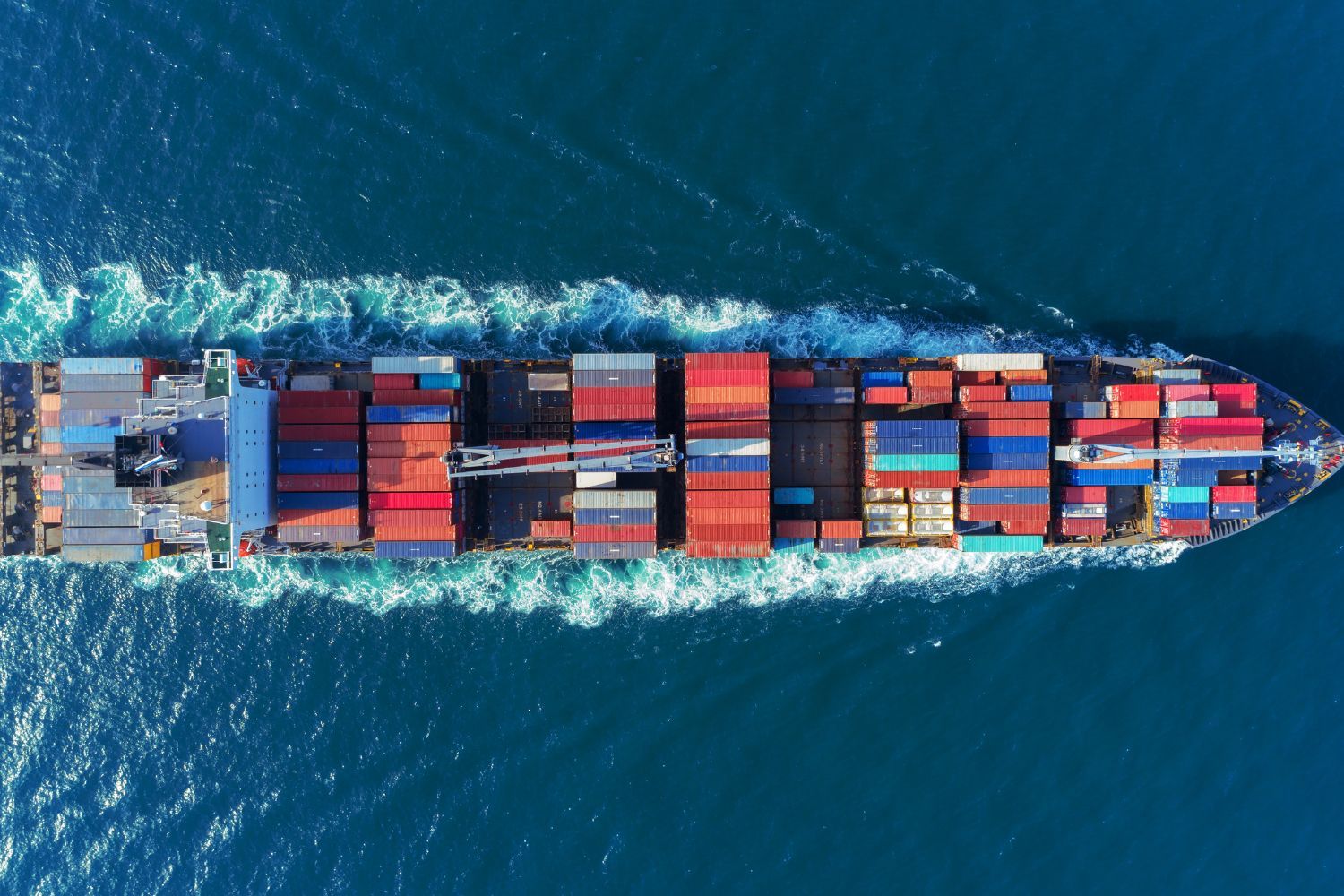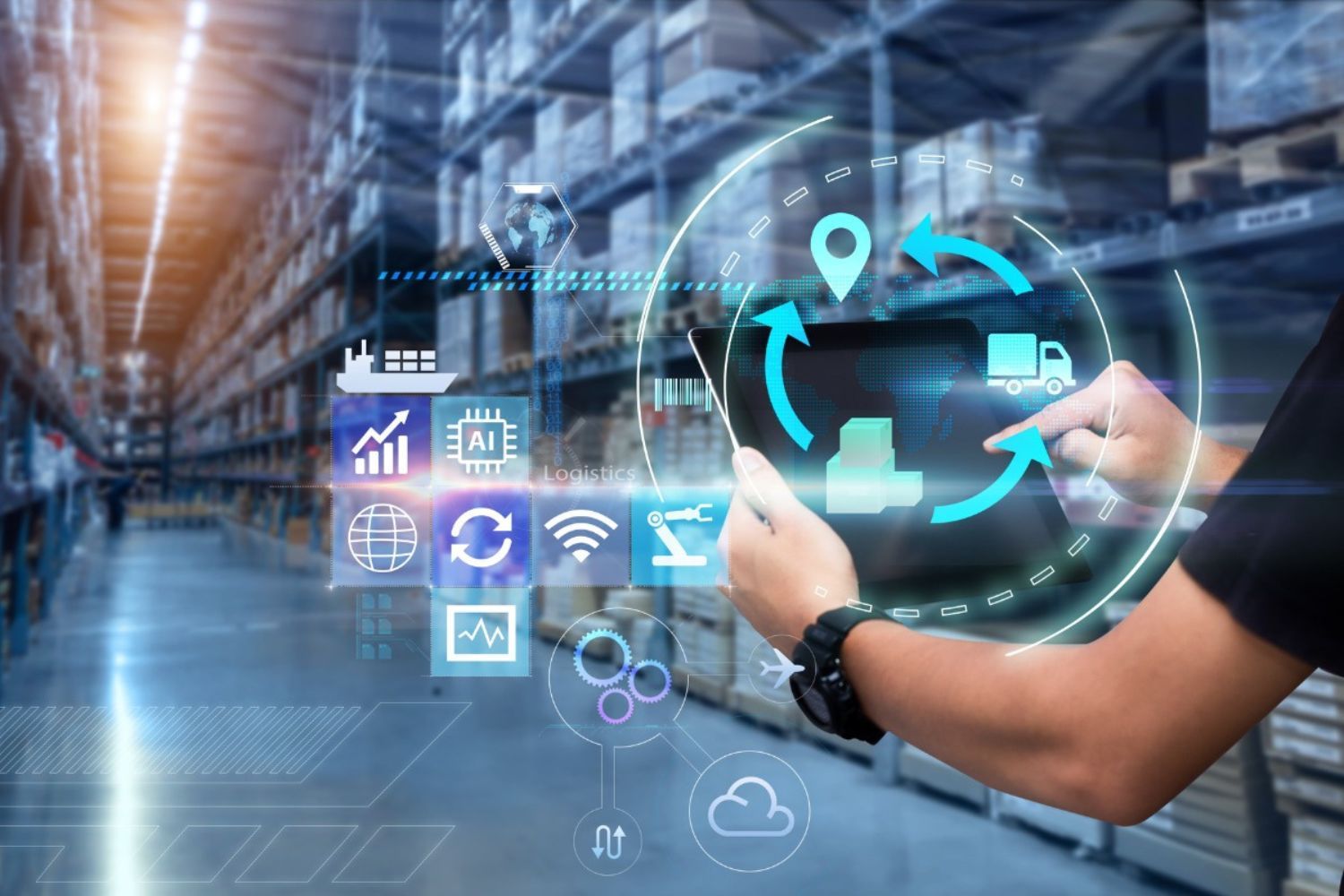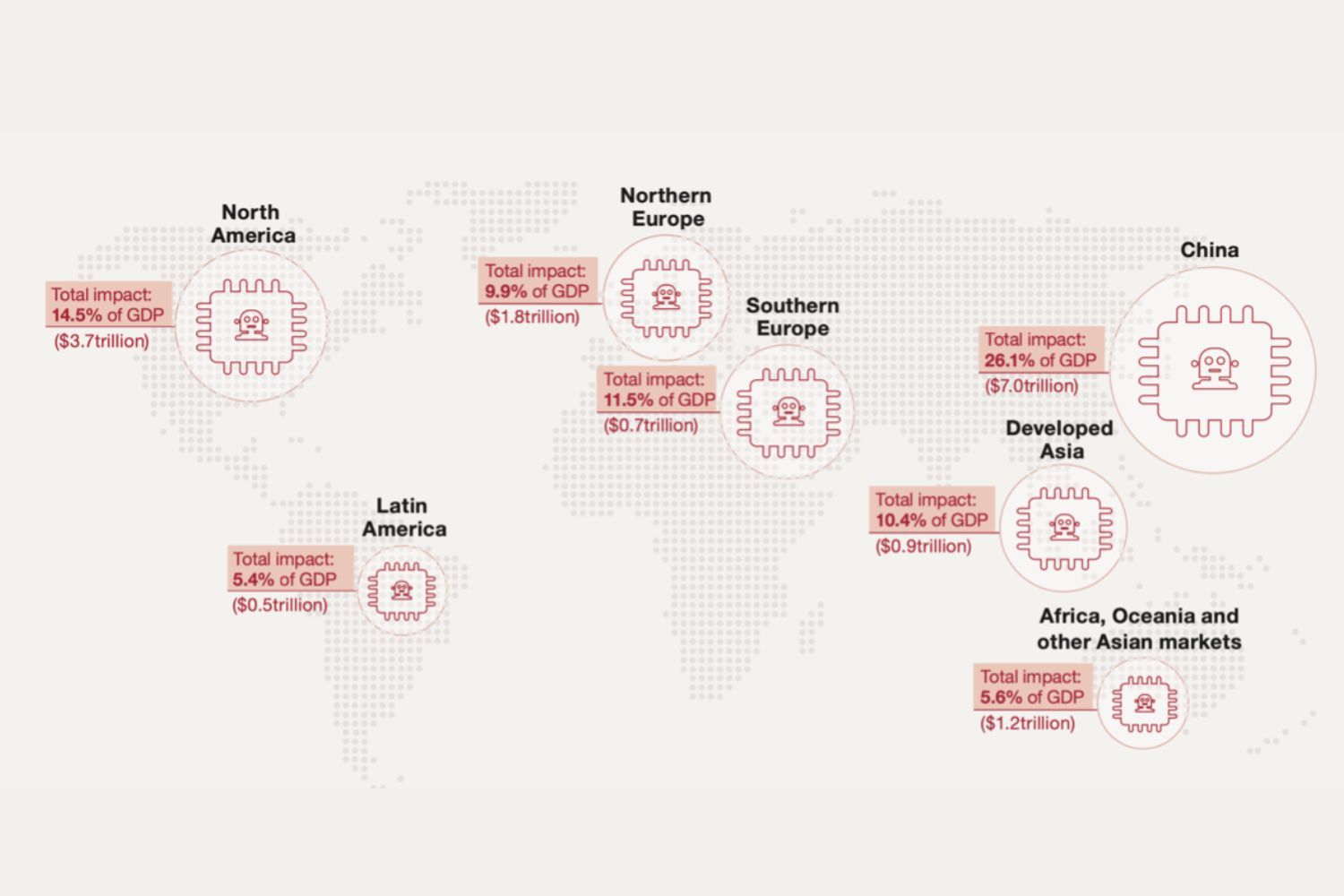Leadership Insights
Sailing into the Future: Leadership in AI-Infused Shipping and Logistics

The technology narrative is filled with declarations of AI's transformative power. We hear that AI is "streamlining operations," "revolutionising industries," and "personalising experiences." Yet, amidst these assertions, a more profound question emerges: "Have you noticed AI's subtle yet pervasive presence in our daily lives?"
This query invites us to pause and reflect on AI's quiet yet profound impact on our daily interactions. As we delve deeper, we realise that AI is no longer a hypothetical concept but a tangible reality that is fundamentally reshaping our existence.
In the corporate realm, AI is no longer a distant aspiration but a tangible reality being leveraged to propel businesses forward. With its capacity to unlock new efficiencies, enhance decision-making, and drive growth, AI is redefining the contours of competitiveness across industries. The maritime sector, in particular, is witnessing a significant transformation as AI is deployed to optimise routes, predict maintenance needs, and enhance supply chain management.
As we navigate this unfolding landscape, it becomes clear that AI is not just a technology but a catalyst for transformation. Its impact is not limited to isolated domains but is instead a pervasive force redefining our lives' fabric.
AI at Sea: Transformative Waves in Shipping and Logistics Operations
The shipping and logistics industries are undergoing a transformative journey powered by a spectrum of artificial intelligence (AI) techniques designed to optimise and streamline various facets of operations. In recent strides, AI has not only knocked but firmly entered the arena of shipping and logistics, leaving an indelible mark on industry dynamics.

The Maritime Industry's AI-Driven Transformation
The maritime industry is on the verge of a revolution driven by the twin objectives of revenue growth and operational excellence. Integrating artificial intelligence (AI) is at the forefront of this transformation, reshaping how companies operate and compete.
One notable example is the application of advanced computer vision, an AI-driven technology that has transformed the handling of cargo containers. By automating the positioning of containers within vessels and port facilities, computer vision has streamlined loading and unloading processes, reduced errors, and enhanced operational efficiency.
Meanwhile, AI-driven inventory management systems are emerging as game-changers for e-commerce businesses. These systems leverage machine learning algorithms to analyse extensive datasets, providing real-time insights into inventory levels and demand dynamics. This enables companies to optimise inventory levels, minimise stockouts, and reduce excess inventory.
As the maritime industry evolves, AI will play a critical role in shaping its future. Companies that embrace this technology will be well-positioned to reap the benefits of increased efficiency, reduced costs, and improved decision-making. Those who fail to adapt risk being left behind in a rapidly changing landscape.

Figure 2 PWC - Sizing the price - Countries that will immensely benefit from AI in the near future
China is poised to experience the most substantial economic benefits from AI, with a projected 26% surge in its GDP by 2030.
The essential advantage lies in AI's predictive capabilities, which enable businesses to anticipate product demand accurately. This foresight empowers them to adjust inventory levels, mitigating overstocking risks dynamically. As a result, e-commerce entities trim down the costs associated with excess inventory and enhance order fulfilment times, marking a significant stride toward streamlined and agile logistics operations.
The C-Suite Leadership in AI: Navigating Challenges, Embracing Transformation
As AI takes its place at the helm of shipping and logistics industry innovation, the C-suite finds itself at a crossroads, caught between AI's promises and the challenges it brings. The wind of change blows through the executive ranks, bringing the potential for improved decision-making, heightened productivity, and a newfound emotional intelligence. Yet, like any uncharted waters, these advantages come with their set of challenges.
One of the challenges the C-suite grapples with is the fear of losing control. The fast-paced development of AI technology leaves executives wary and hesitant to fully embrace a force that operates at a speed seemingly beyond human comprehension. The fear of losing creativity and the worry of decreased trust in AI-generated decisions further cloud the horizon. The key here lies not in resisting the change but in understanding AI as a partner, not a rival.
Executives, especially in the shipping and logistics industry, must adopt a growth mindset, recognising that AI is not here to replace human ingenuity but to amplify it. Leaders can harness AI's true potential by building diverse teams and focusing on creating value for customers through efficient and intelligent logistics operations. It's a delicate balance—recognising the power of AI while preserving the irreplaceable elements of human judgment, intuition, and empathy.
Even with the rise of advanced AI, people will remain essential for maximising the value of new technologies.
As the C-suite sails into the future, a transformation in identity and expression becomes inevitable. Human uniqueness and diversity will drive this evolution, creating a dynamic landscape that mirrors the continuous evolution of AI itself. The essential executive skills include technical proficiency and the ability to ask critical questions. These questions, ranging from strategic alignment to ethical considerations, lay the groundwork for successful AI implementation.
Ultimately, continuous learning and adaptation become the anchors of leadership. Executives must foster a culture that embraces experimentation and understanding the unpredictable nature of AI projects. Strategic opportunities and challenges, legal and ethical risk management, technical and data capability requirements—these aspects demand a fresh perspective on leadership.
The AI revolution isn't a clash between executives and technology; it's a transformative force waiting for direction. The key for the C-suite is not to fear AI but to use its powers judiciously. By treating AI as a strategic partner in the logistics and shipping sector, executives can set sail on a course for innovation, growth and organisational evolution, creating waves of progress that propel the industry forward into the future where human and artificial intelligence coexist seamlessly.
Source: https://www.forbes.com/advisor/in/business/ai-statistics/ February, 2024.